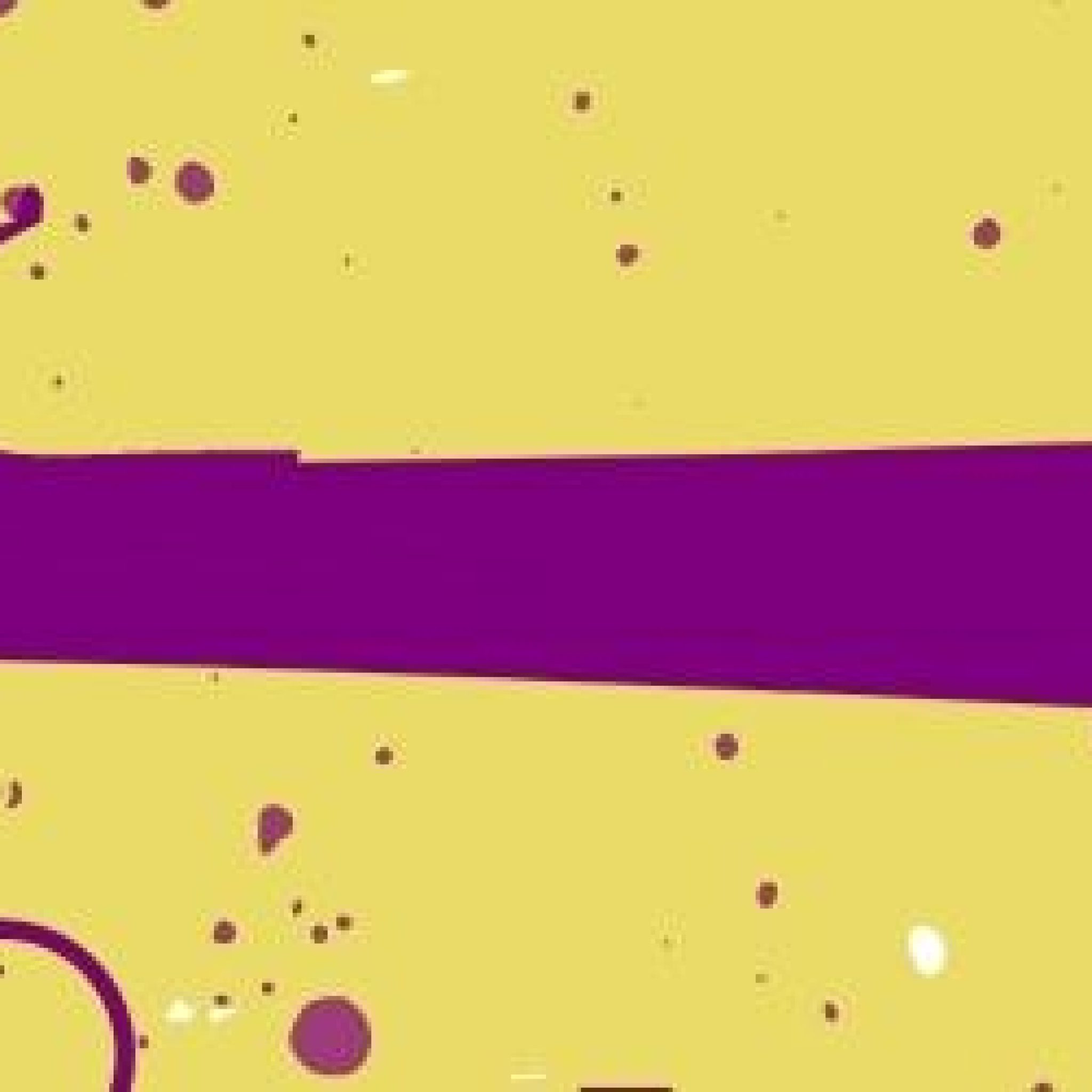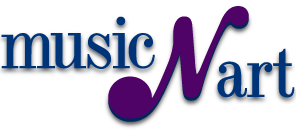
What is the trumpet?
The trumpet belongs in the brass group of instruments. It originally derives from the Greeks’ trumpet firstly made of wood and then of bronze/silver, while now it is made of copper. At first it was not possible for the trumpet to generate all the notes of the scale, so during the 18th century a mechanism was introduced to fix that weak spot. In the 19th century two piston valves were added and then three, still remaining until today. It was a purely military instrument and was used in orchestras during the 17th century.
There are several kinds of trumpet, with different tonalities and sizes; the normal trumpet, the piccolo (smaller in size), the soprano, the bass trumpet and the slide. One can play classical music, jazz, folk music (especially Balkan music) and pop with a trumpet.
One may start learning the trumpet at about the age of 8 years old. This varies according to the maturity and musical perception a child has developed until that moment. The child’s body type also plays an important role because the student must be able to have lungs stamina, which can also be developed and accomplished through the lessons. As with almost all musical instruments, the lessons start by learning the notes, values and short easy pieces.
The trumpet is considered to be a relatively easy instrument to learn! As with all brass instruments, it requires a strong diaphragm and breathing/blowing stamina, which is where the difficulty in playing the trumpet lies. However, students will be able to play short musical pieces by the end of the first year and their progress solely depends on them. The personal interest, the study hours and their love for the trumpet are elements that if combined together can turn someone from a beginner trumpet player to a good musician in a very short time!
Trumpet lessons, as all musical instrument lessons, are conducted on a private basis. That is, the lessons are conducted with the teacher and one student only. This enables the teacher to give all his/her attention to the student for the best possible results. The duration of the lessons varies according to the level of each student. Since the lessons are private there is flexibility in terms of the day and time a lesson can be arranged. The exact days and hours are jointly agreed upon by the student and the teacher before the beginning of the academic year. As time passes by and as the student progresses, additional hours might be added in a classroom with students of other musical instruments in order to create small orchestras, ultimately aiming to familiarize themselves and coexist with other musical instruments.
The school offers recognized examinations for all of its departments. The majority of the examinations are from foreign universities and schools and especially from the United Kingdom and the Czech Republic. The trumpet examinations offered by the school are from the ABRSM (Royal School of Music), Greek conservatories and Trinity College. All diplomas are recognized by the Ministry of Education and Culture as well as by all universities abroad. Therefore, regardless of what musical instrument one plays and the levels completed, the school diplomas can be used as additional qualifications for admission in overseas universities!
There are famous trumpeters in various music genres. The best classical ones are Maurice André, Armando Ghitalla, Alison Balsom and Hakan Hardenberger, while Nat Adderley, Bud Brisbois, Chet Baker, Clifford Brown, Donald Byrd are the greatest jazz trumpeters. The unarguably best trumpeter of all times is the jazz musician Louis Armstrong who has been awarded a Grammy award and is one of the musicians who radically changed jazz music.
